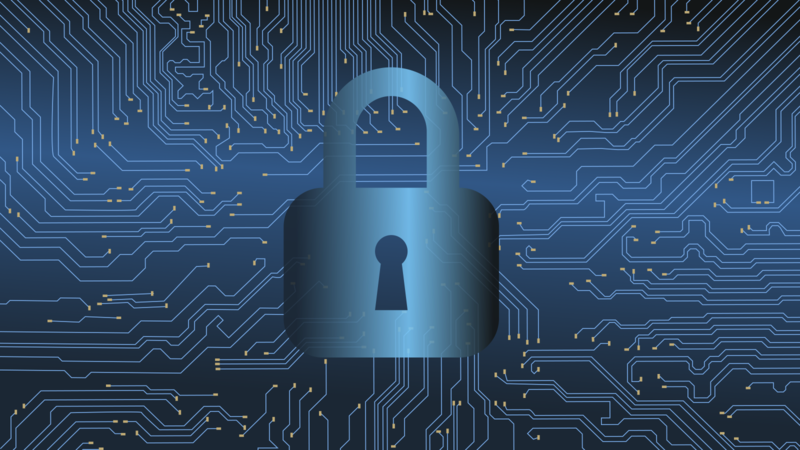
Cyber Security Tips to Protect Privacy and Stay Safe Online
October is Cyber Security Month. Here are some quick reminders to protect your privacy and stay safe online.
Cyber Insurance is readily available and can cover a range of cyber crimes: Cyber attack coverage (pays for the removal of a virus and reprogramming of desktops, laptops, smartphones, tablets, Wi-Fi routers and other internet access points, such as smart home devices and security systems); Cyberbullying coverage (helps you deal with online harassment that results in wrongful termination, discipline from school, temporary relocation expenses, temporary private tutoring, lost wages and legal expenses); Cyber extortion coverage (helps you recover from ransomware attacks that block you from accessing your personal data and demanding a fee to regain control); Data breach coverage (helps pay for services if personal data entrusted to you is lost, stolen or published); Online fraud coverage (pays for direct financial losses due to problems like identity theft, unauthorized banking or credit card transfers, phishing schemes and other types of fraud). Many companies offer cyber insurance, and some companies offer special packages or rates in combination with your homeowner insurance, antivirus software, or identity theft protection services. If you have insurance, review your policy for important terms and renewal dates. If you don’t have insurance (or aren’t sure), check with your insurance broker, antivirus or identity theft provider for available plans.
Tips to prevent Cyber Attacks. Use antivirus software and an identity theft protection service. Use two-step authentication for logins. Change passwords periodically, use strong passwords with letters, numbers and characters, and don’t use the same password for multiple logins. Use a password manager to keep track of your passwords. Use safe payment methods for online shopping, such as PayPal or a credit card. Keep your computer, devices and applications updated. Backup digital data to a cloud service or separate hard drive.
If your computer is infected (or lost), isolate the infected device, power it off, and remove from your network. Isolate or power off other devices on the network. Take backup data offline. Change all account passwords using a secure device. Contact law enforcement or the FBI Internet Crime Complaint Center (IC#3 at www.ic3.gov
Wire Fraud is Rampant. Cybercriminals are hacking or spoofing email accounts and sending messages with fake wiring instructions.
These messages are convincing and sophisticated. Always independently confirm wiring instructions in person or via a telephone call to a trusted and verified phone number.


